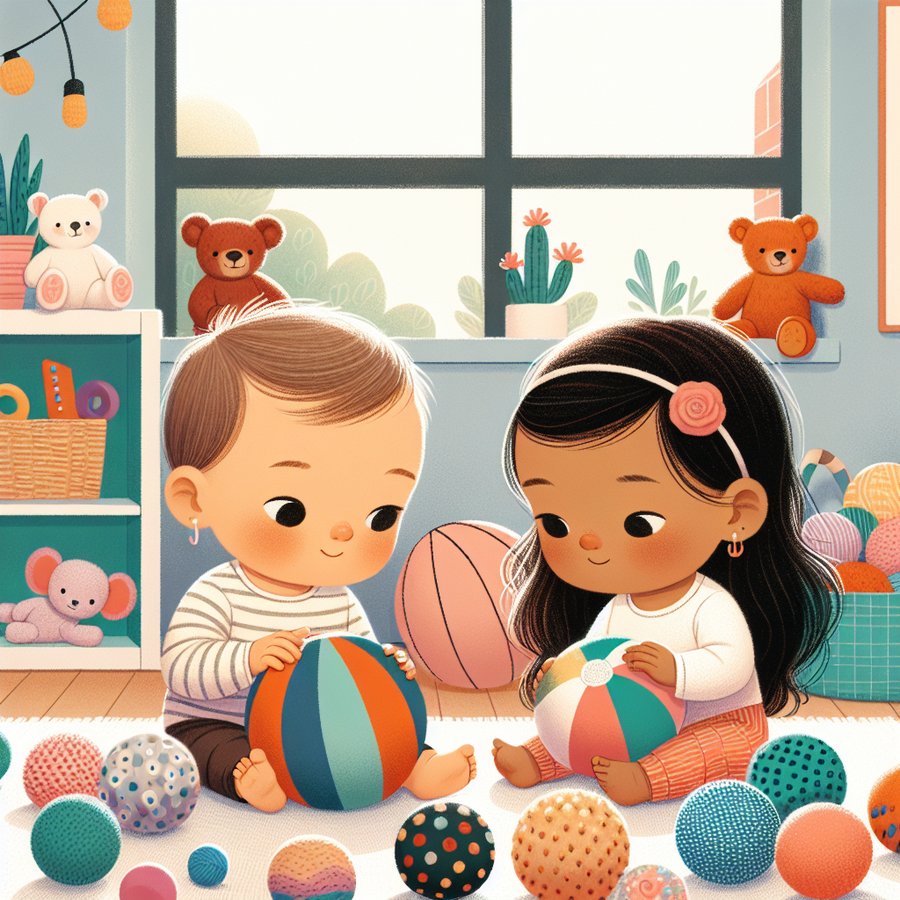Encouraging exploration and curiosity in infants is not just about keeping them occupied; it’s a crucial aspect of their cognitive development and emotional growth. From the moment they open their eyes to the world, babies are natural explorers. This article delves into how parents and caregivers can nurture this innate trait to support their developmental milestones.
Understanding the Role of Curiosity in Infant Development
Curiosity drives infants to learn about their environment, which is essential for cognitive development. It lays the foundation for critical thinking and problem-solving skills later in life. Research has shown that encouraging exploration and curiosity in infants leads to better academic performance in the future.
Moreover, when infants explore their surroundings, they’re not just learning about the world; they’re also developing their sensory-motor skills. Every touch, taste, and smell is a new experience that fuels their brain development.
Practical Ways to Encourage Exploration and Curiosity in Infants
Creating a safe and stimulating environment is key to encouraging exploration and curiosity in infants. Here are some practical ways to foster this:
- Introduce a variety of textures and colors through toys and safe household items.
- Engage in interactive play that involves different sensory experiences.
- Encourage movement by providing ample space for crawling, reaching, and grabbing.
- Read books together to stimulate imagination and language development.
- Use mirrors for self-exploration and awareness.
Additionally, incorporating regular activities that boost fine motor skills can further enhance an infant’s curiosity by enabling them to interact more effectively with their environment.
Encouraging Exploration and Curiosity in Infants Through Play
Play is a fundamental way through which infants explore the world. It allows them to experiment, learn cause and effect, and develop their curiosity. Structured play, such as playing with blocks or simple puzzles, can teach problem-solving skills, while unstructured play, such as free time in a safe play area, allows infants to use their imagination and develop their own ideas.
Integrating music into play, such as singing songs or playing with musical toys, can also stimulate cognitive development and curiosity. The role of music in infant brain development is significant, enhancing their ability to understand patterns and rhythms.
To further support exploration and curiosity, parents can engage in child-initiated play, following the infant’s lead and interest. This approach not only fosters curiosity but also builds a strong emotional bond between the parent and the child.
Encouraging exploration and curiosity in infants is a journey filled with delight and discovery. By understanding the pivotal role of curiosity in development and employing practical strategies to nurture it, parents and caregivers can provide a strong foundation for their infants’ lifelong learning and growth.













